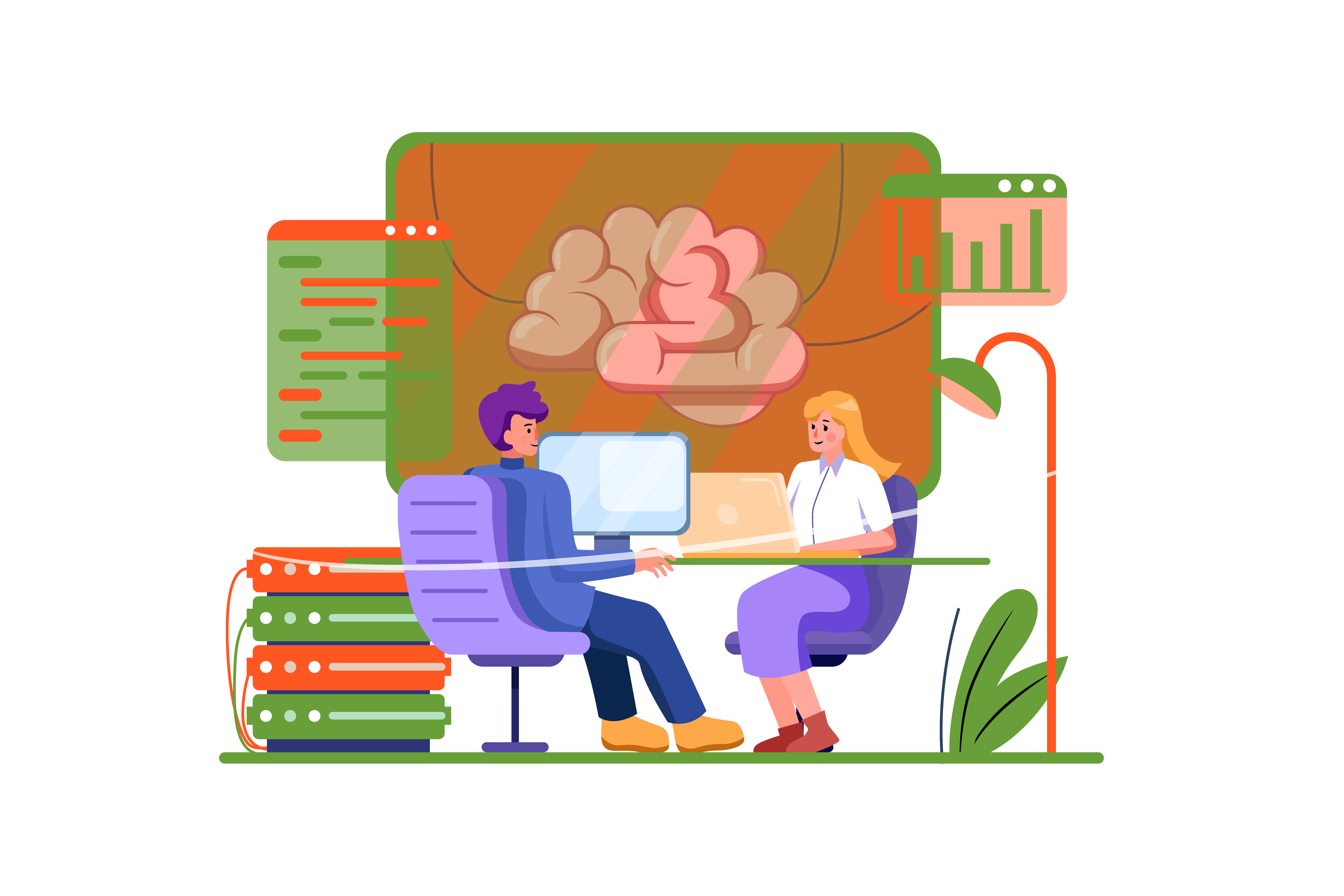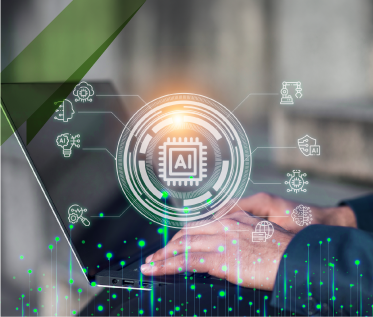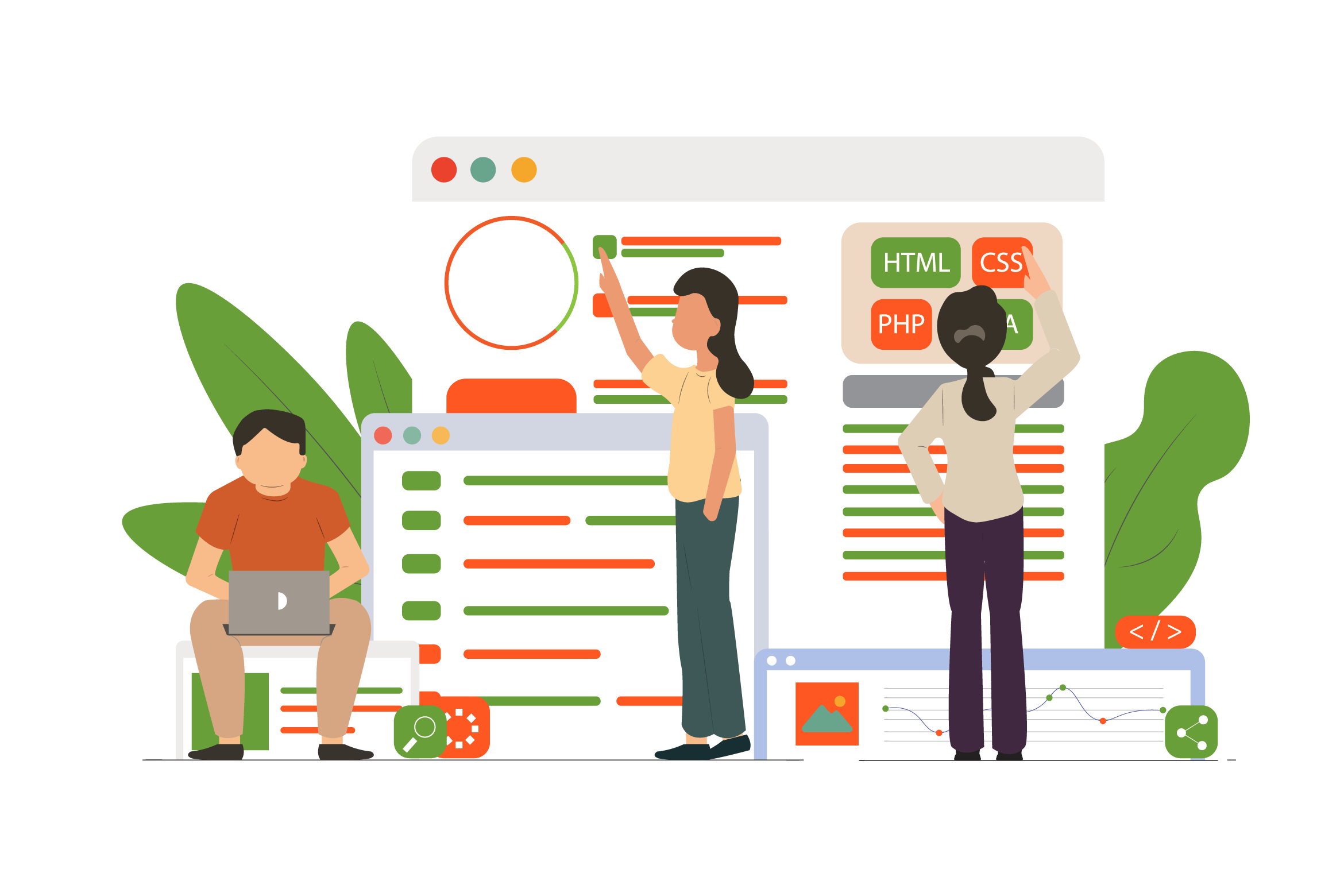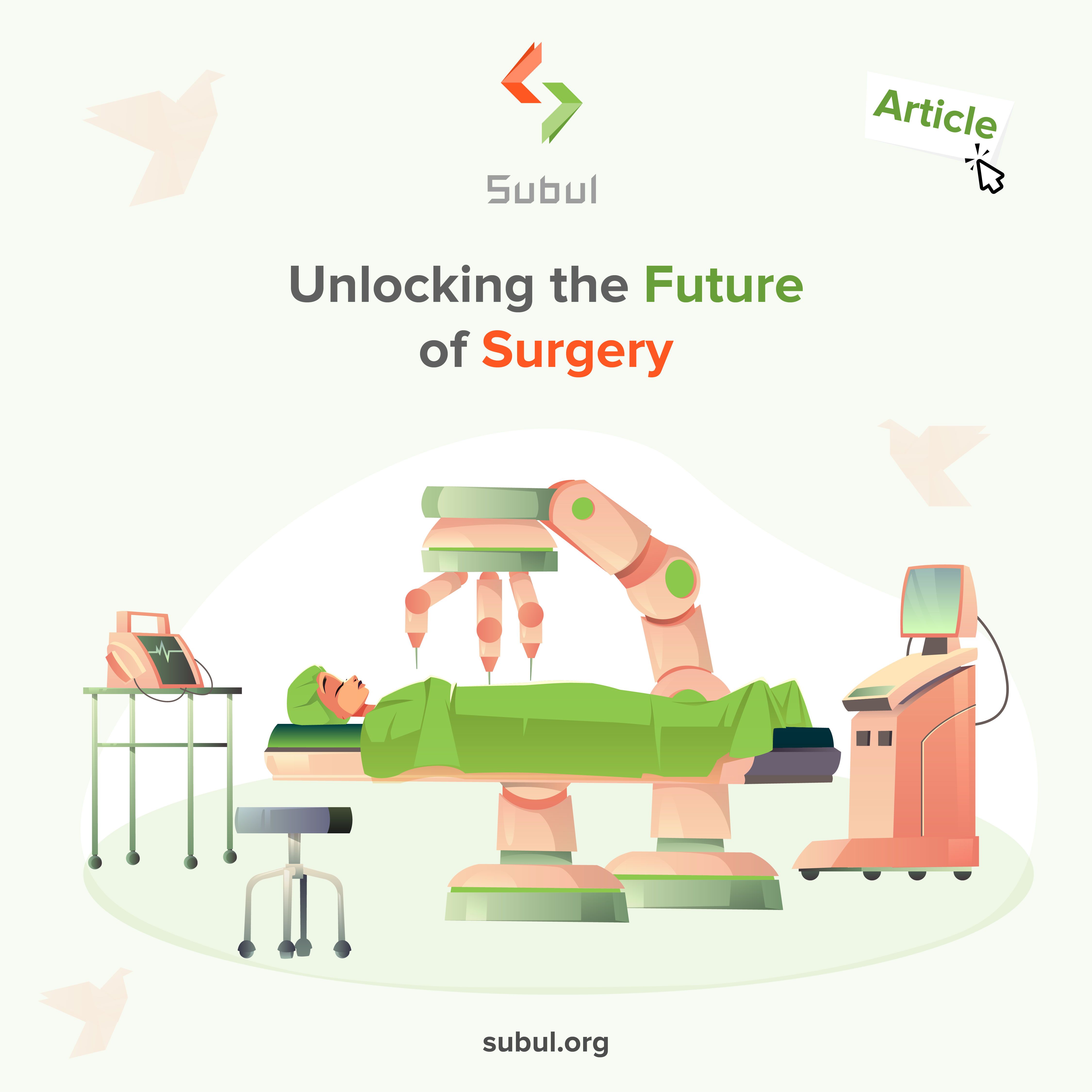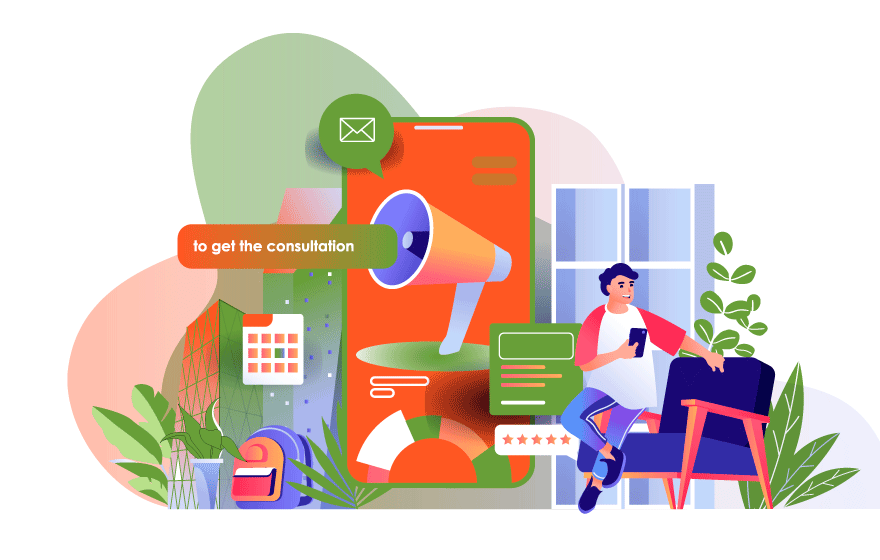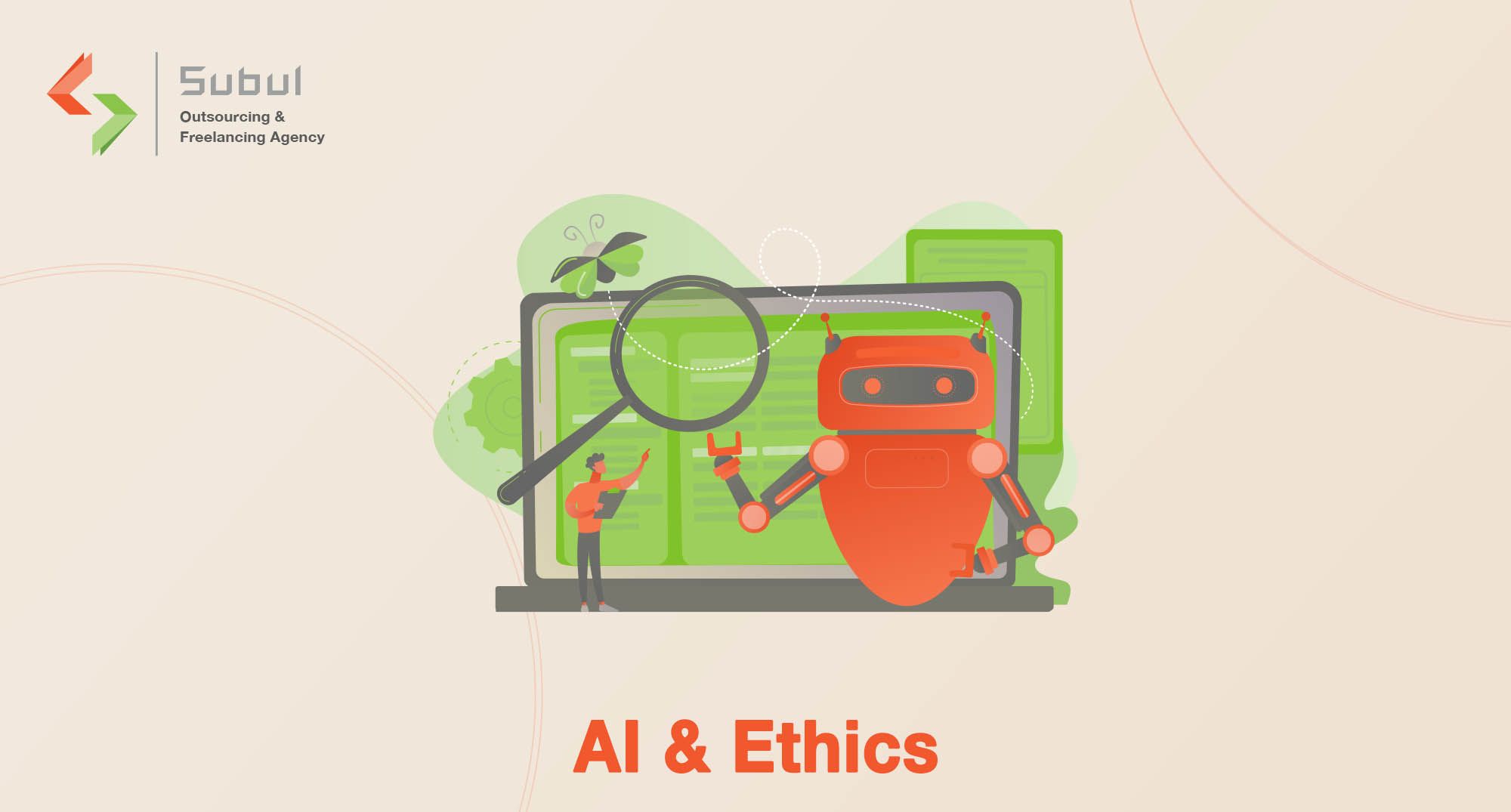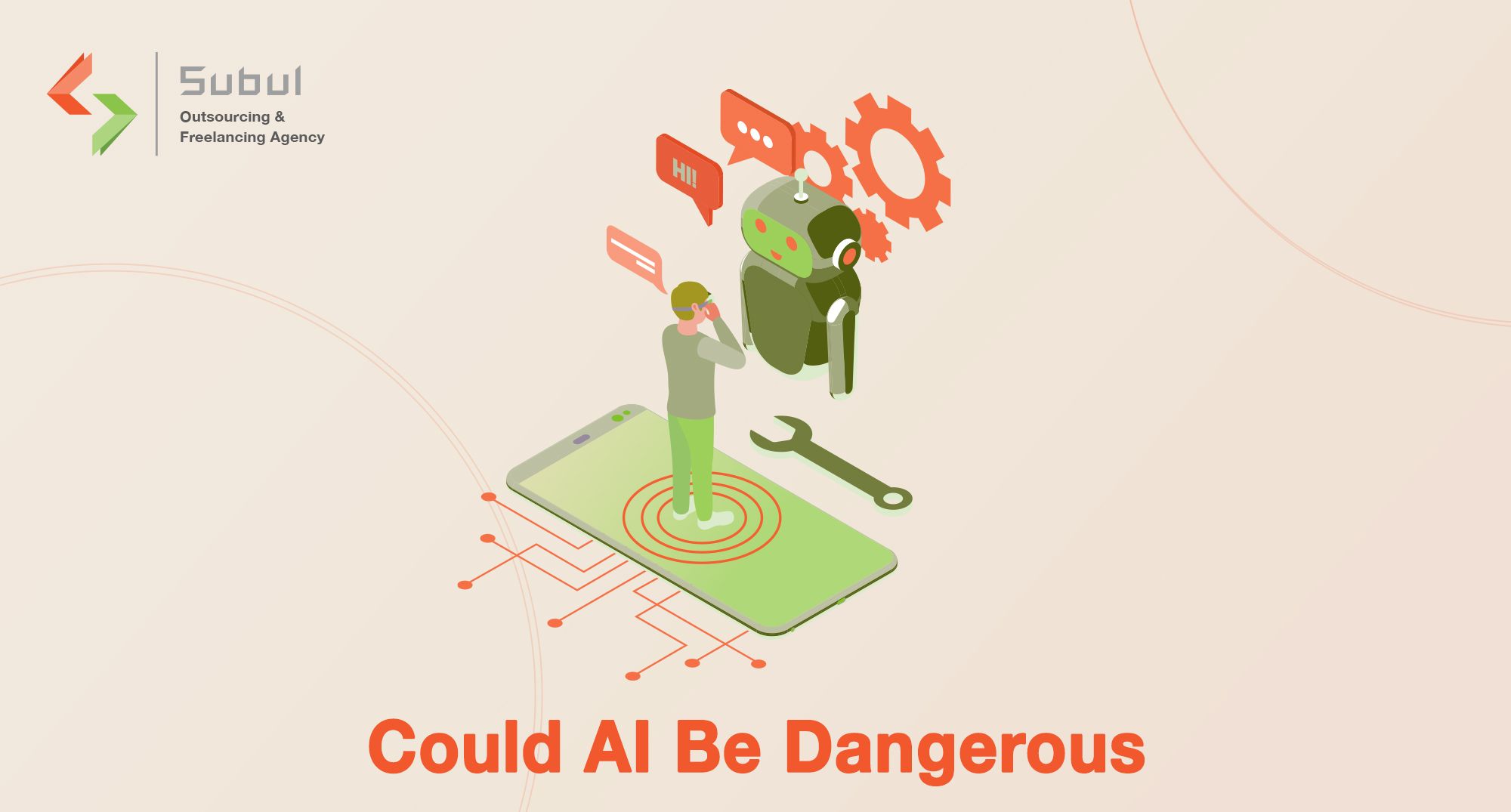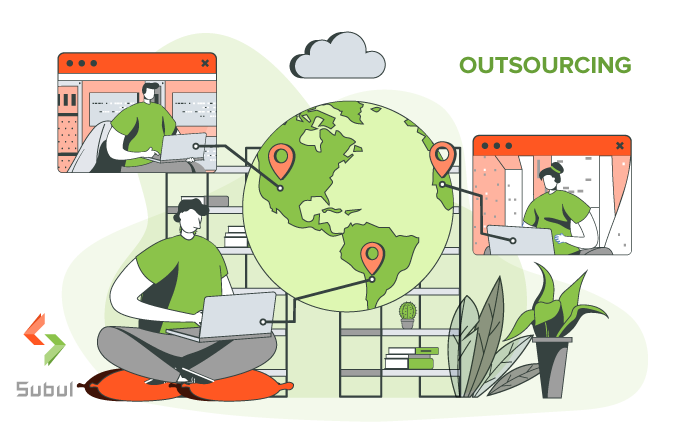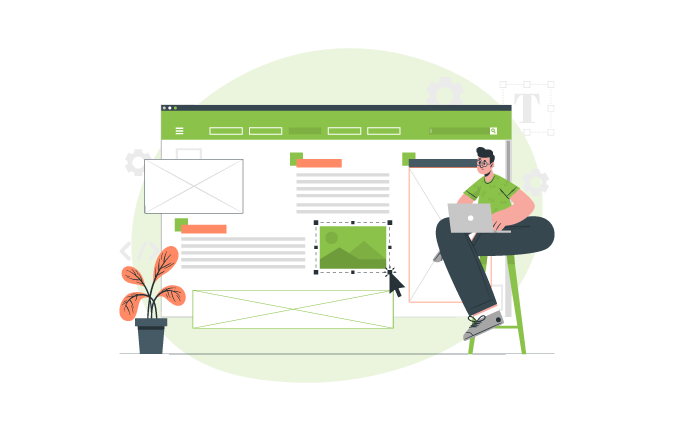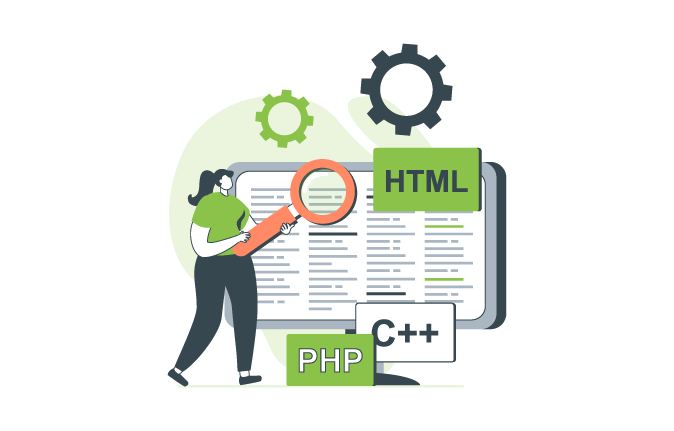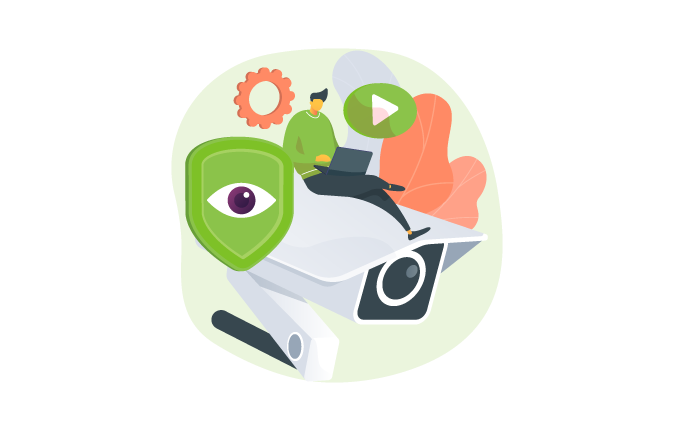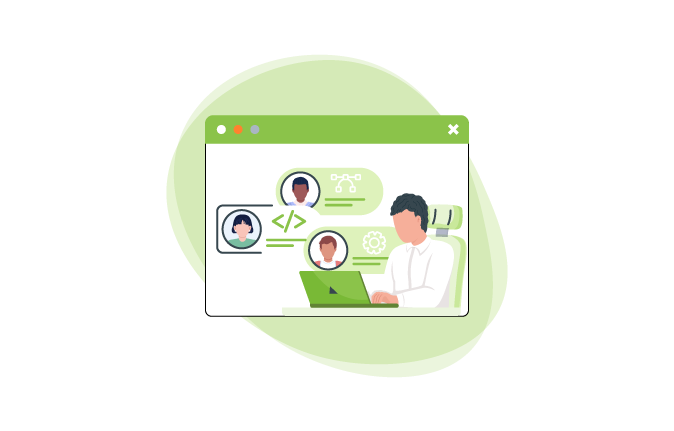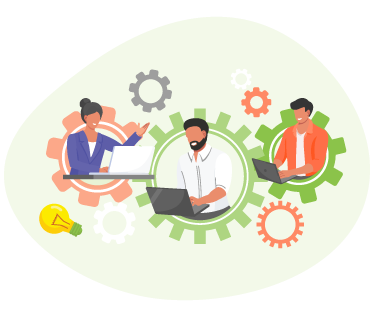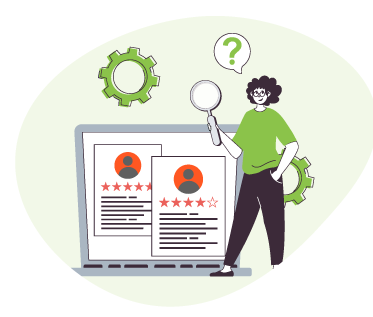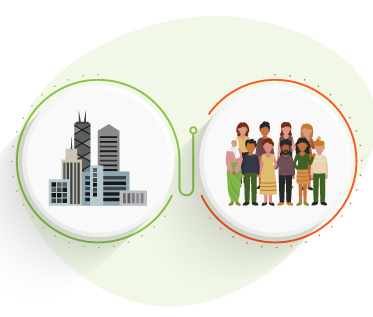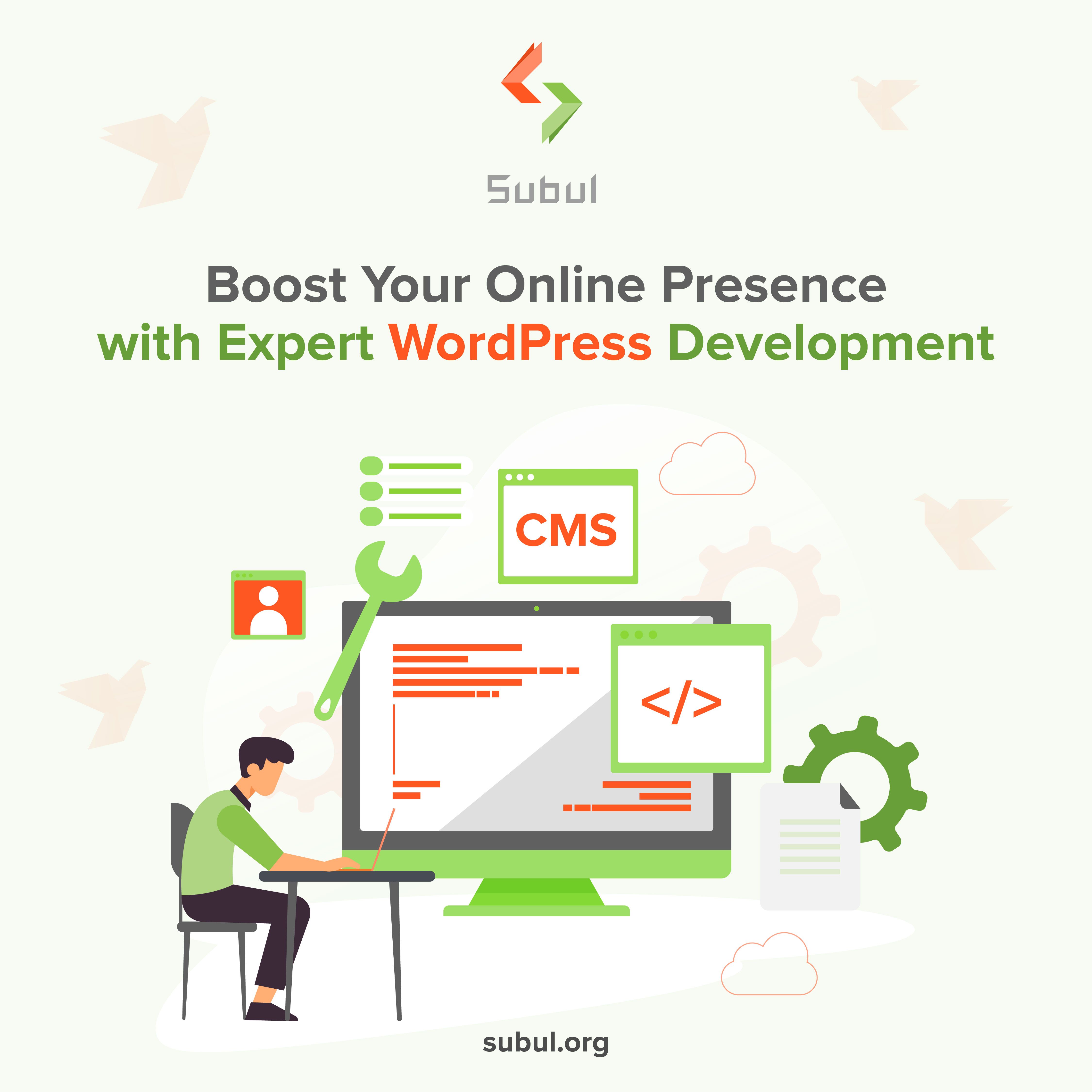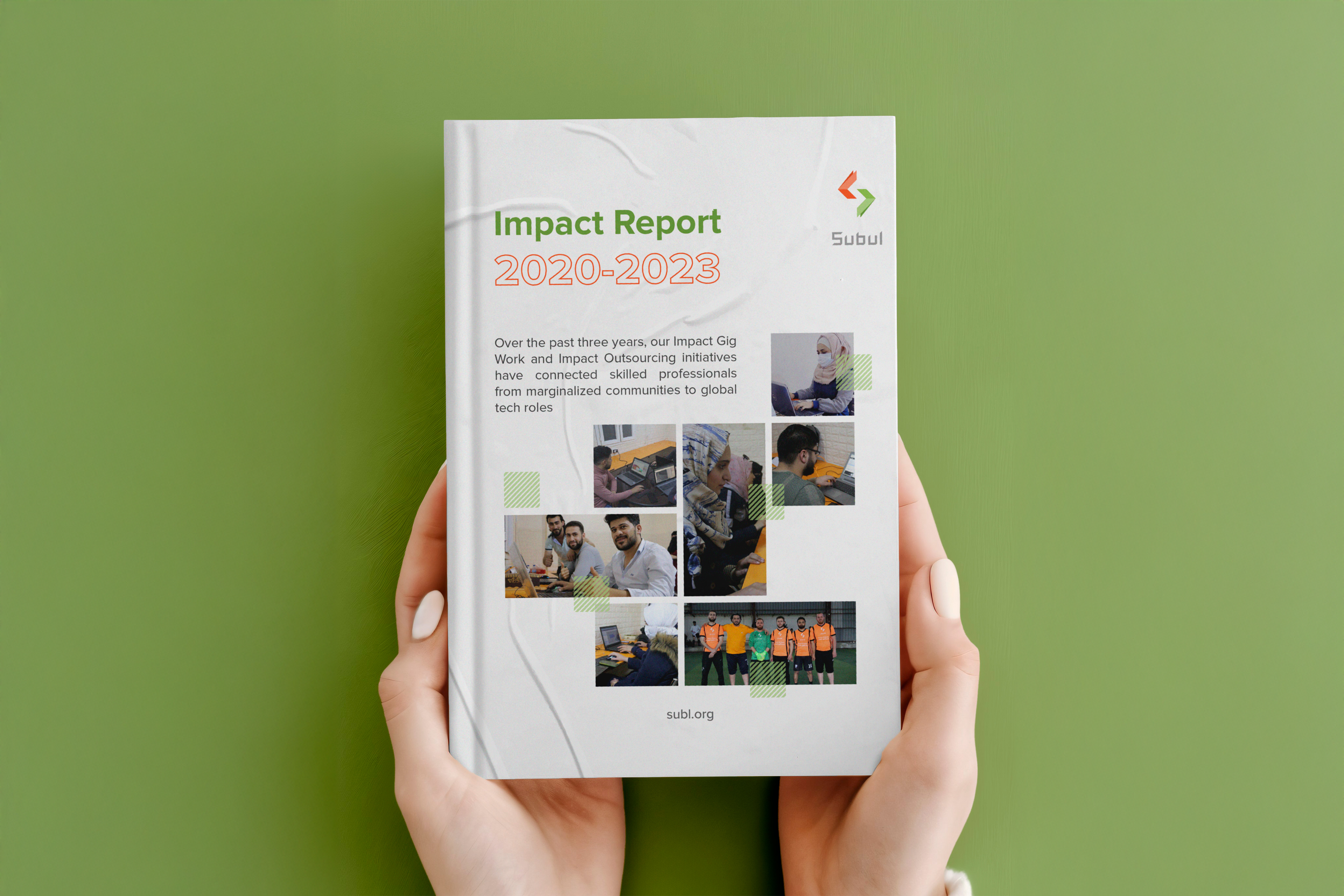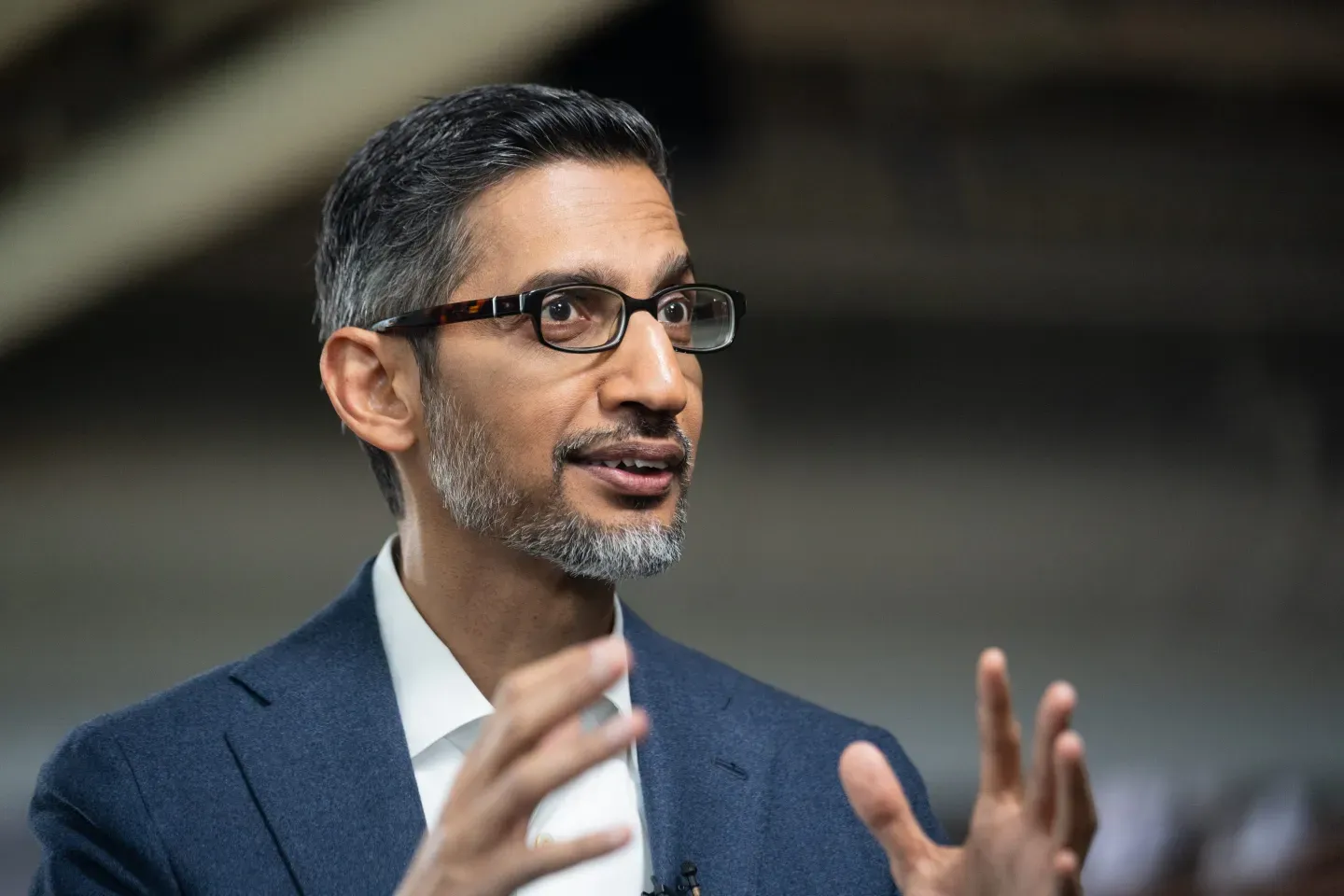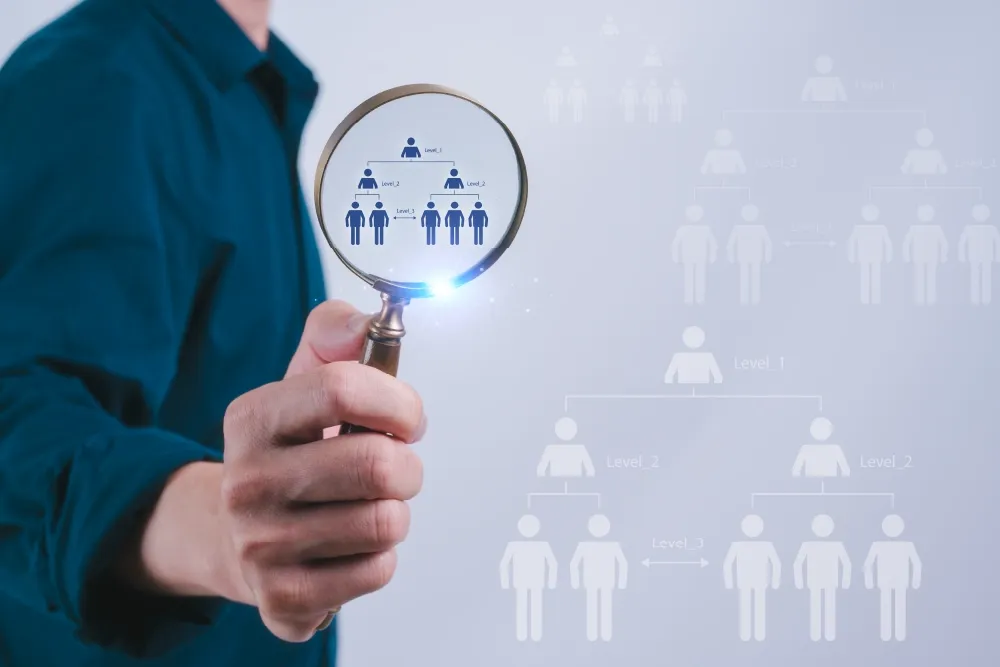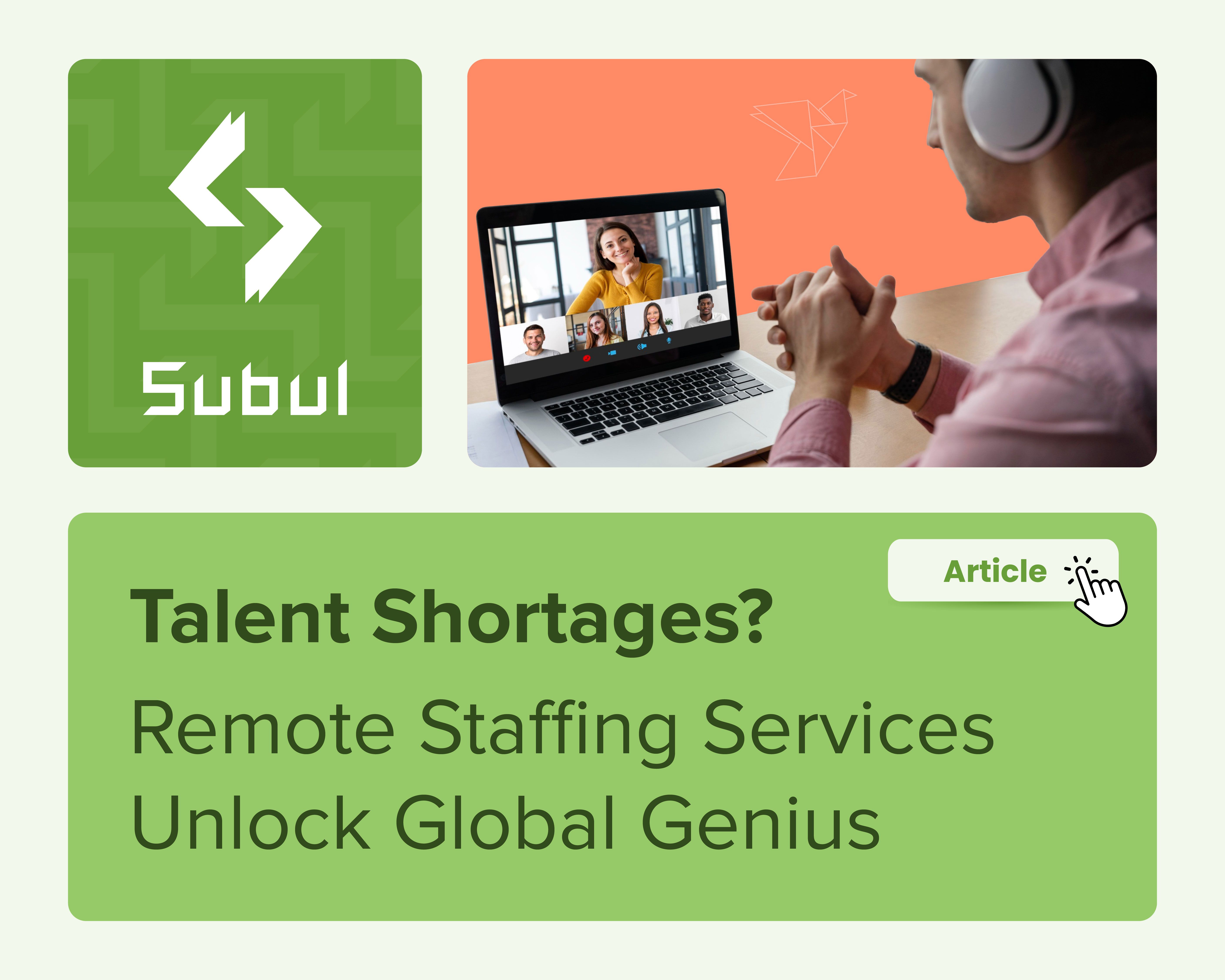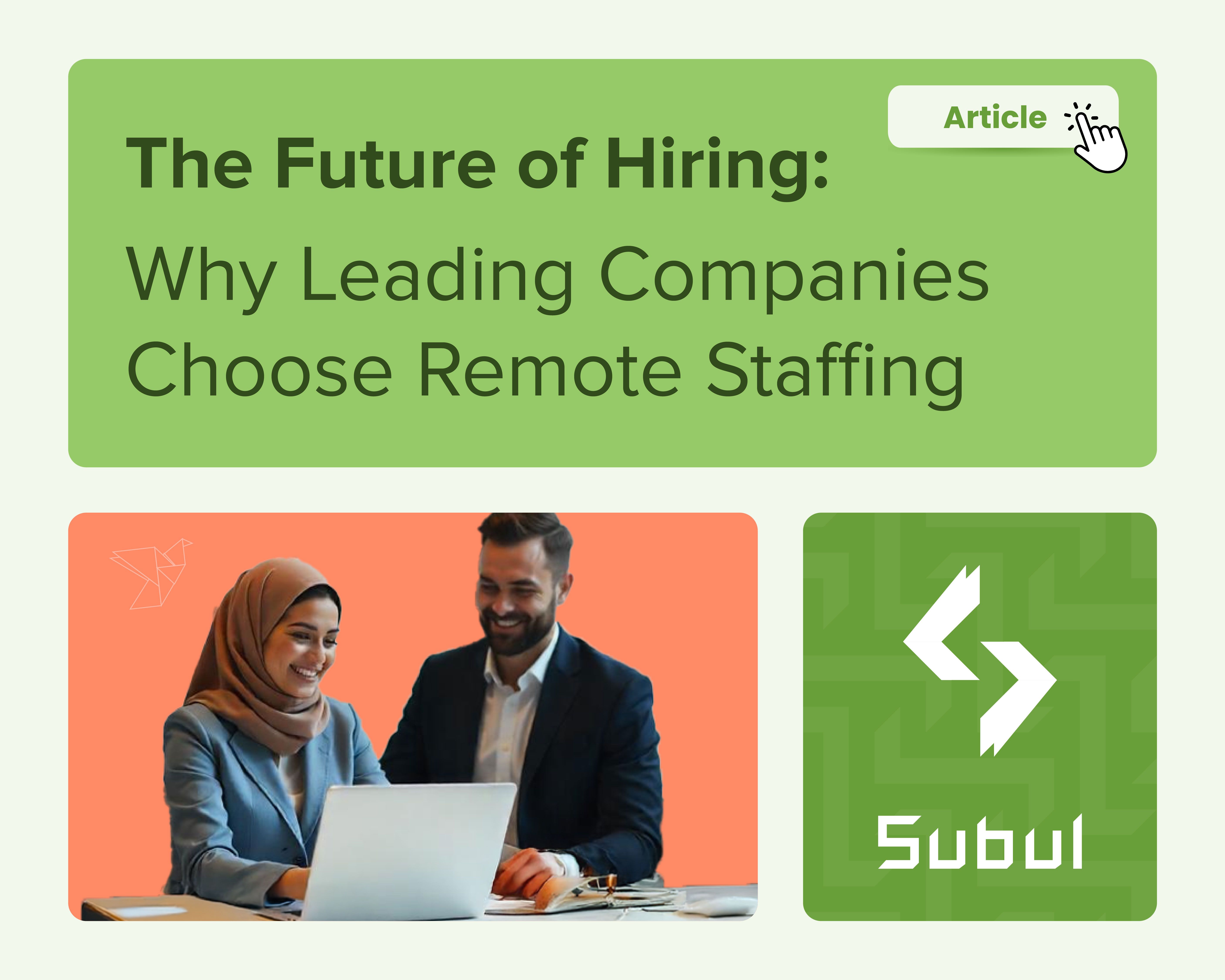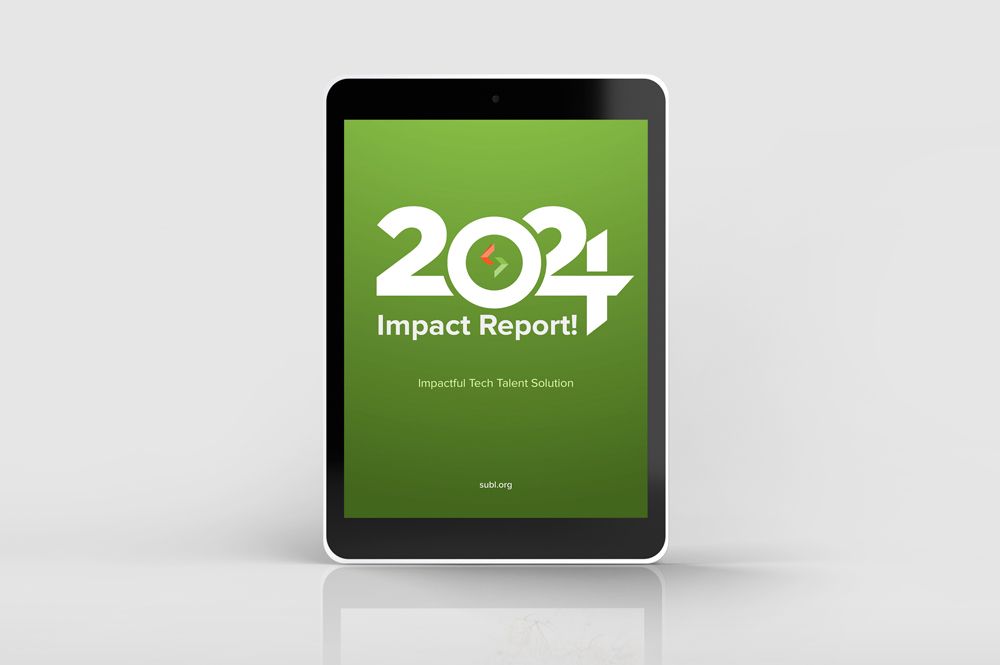Artificial Intelligence (AI) is revolutionizing the world, unleashing new ideas, technologies, and applications.
While AI has already made significant strides in the private sector, its potential in the public sector remains untapped.
However, governments and international organizations are now recognizing the immense power of AI and working towards incorporating it effectively. In this article, we explore the specific applications of AI in the public sector and the benefits it brings to government efficiency, decision-making, healthcare, transportation, education, and citizen engagement.
Enhancing Government Efficiency and Decision Making
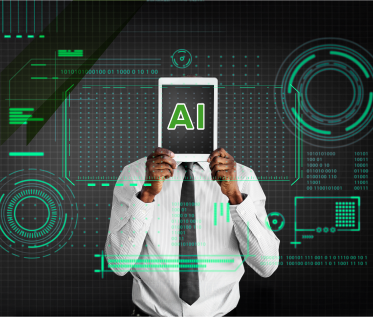
In the face of 21st-century challenges like the climate crisis, rapid urbanization, and technological advancements, governments are realizing the urgent need for innovation.
AI, particularly algorithmic decision-making, offers a strategic solution. With its ability to process vast volumes of data rapidly and accurately, AI empowers governments to make informed policy decisions and streamline administrative tasks efficiently.
Revolutionizing Healthcare

The recent COVID-19 pandemic has exposed structural deficiencies in healthcare systems worldwide. To address this, governments are increasingly investing in data-driven AI initiatives to enhance patient care and improve hospital operations. AI technologies have proven invaluable in monitoring and controlling the spread of diseases, such as using Bluetooth communication to track potential contacts with infected individuals. By leveraging AI, governments can strengthen healthcare systems, improve resource allocation, and ensure better patient-doctor relationships.
Transforming Transportation:
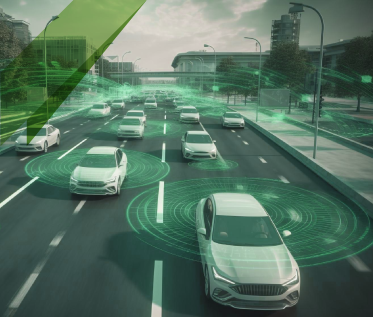
AI's impact on transportation goes beyond self-driving vehicles. It plays a pivotal role in enhancing road safety and shaping transportation policies.
Governments across the globe are leveraging AI to reduce traffic congestion, accidents, and transportation inefficiencies.
For instance, the Estonian government employs an AI-powered system to collect real-time information from emergency calls, enabling them to implement targeted policies for accident prevention. By embracing AI, governments can optimize transportation systems, leading to improved mobility and sustainability.
Revolutionizing Education

Education systems face challenges like student dropouts, overcrowded classrooms, and limited resources.
AI offers transformative solutions by leveraging data mining, machine learning, and statistics to identify at-risk students and implement timely interventions.
Predictive models, such as the one developed by Capgemini Netherlands, enable early identification of potential dropouts, allowing schools to provide targeted support.
Additionally, AI can automate routine tasks, freeing up teachers' time and enabling personalized education, ultimately leading to better student outcomes.
Strengthening Citizen Engagement
AI provides governments with tools to enhance citizen engagement and accountability, ensuring effective governance and policy implementation.
Chatbots for Quick Assistance

Government chatbots serve as virtual assistants, providing citizens with instant access to public data, general information, and assistance. For example, the Portuguese Government's ePortugal portal employs a chatbot to answer citizens' queries, offering round-the-clock accessibility and improved service delivery.
Harnessing Feedback and Social Media
AI's data analysis capabilities enable governments to gather valuable insights from citizens through sentiment analysis and social media monitoring. By understanding citizens' impressions and sentiments, governments can monitor project progress, evaluate performance, and ensure project quality.
Conclusion
Artificial Intelligence holds tremendous potential for the public sector, transforming the way governments serve citizens.
Embracing AI can revolutionize decision-making processes, improve public services, and enhance citizen engagement.
Governments must responsibly regulate AI developments while leveraging its benefits to increase efficiency in the digital era. By harnessing the transformative power of AI, governments can create a future where technology drives effective governance and better lives for all.
Got Questions? Find Answers Here!
What is Artificial Intelligence (AI) and how does it apply to the public sector?
Artificial Intelligence refers to the development of computer systems that can perform tasks that typically require human intelligence, such as problem-solving, decision-making, and data analysis. In the public sector, AI is being applied to enhance government efficiency, improve decision-making processes, transform healthcare delivery, optimize transportation systems, revolutionize education, and strengthen citizen engagement.
How can AI benefit the public sector?
AI offers numerous benefits to the public sector. It can lead to cost savings by automating mundane tasks, enabling public servants to focus on higher-value work. AI also enhances decision-making processes by providing accurate data analysis and predictions. Furthermore, AI improves public services, such as personalized healthcare, optimized transportation systems, and targeted educational interventions.
What are some specific applications of AI in the public sector?
AI has diverse applications in the public sector. For example, in healthcare, AI helps in disease monitoring, personalized treatment plans, and early detection of potential health risks. In transportation, AI optimizes traffic management, reduces congestion, and enhances road safety. AI in education enables personalized learning, early identification of at-risk students, and administrative task automation. Additionally, AI enhances citizen engagement through chatbots, sentiment analysis, and participatory decision-making platforms.
Are there any concerns or risks associated with AI in the public sector?
While AI brings numerous benefits, there are also concerns that need to be addressed. One major concern is the ethical use of AI, including issues of privacy, data security, and potential biases in AI algorithms. Governments must establish robust frameworks and regulations to ensure responsible AI adoption. Additionally, there may be concerns about job displacement due to automation, requiring governments to prioritize reskilling and upskilling programs for public sector employees.
How can governments ensure the responsible deployment of AI in the public sector?
Governments can ensure responsible AI deployment by implementing comprehensive frameworks and guidelines. This includes establishing transparent and accountable data governance practices, ensuring fairness and equity in algorithmic decision-making, and safeguarding citizen privacy. Governments should also invest in ongoing AI training and education for public sector employees and foster collaborations with AI experts and stakeholders to address ethical considerations and mitigate potential risks.
How can citizens benefit from AI in the public sector?
Citizens stand to benefit from AI in several ways. They can experience improved public services, such as personalized healthcare, efficient transportation, and tailored educational support. AI can also enhance citizen engagement by providing quick access to information, enabling feedback mechanisms, and promoting participatory decision-making. Ultimately, AI empowers citizens by creating a more efficient, transparent, and citizen-centric public sector.


